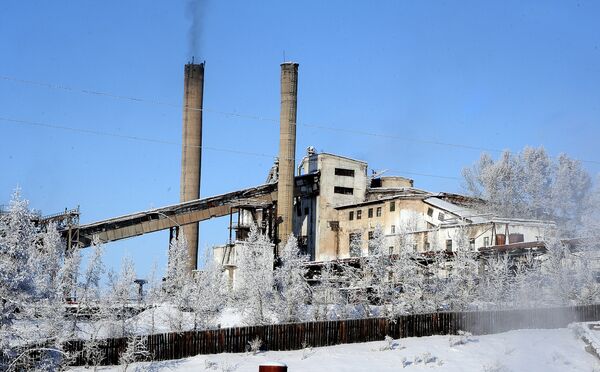MOSCOW, January 11 (RIA Novosti) - The number of major accidents in Russia’s utilities sector has increased sixfold in the first nine months of 2012, year on year, the Civil Defense and Emergency Situations Ministry said on Friday.
“In [the first nine months of] 2012 six major emergencies were registered in utilities systems, which is six times more than in 2011 [one],” the ministry’s Antistikhiya monitoring center said.
The principal causes of accidents are the obsolescence of infrastructure and equipment, water supply and sewage systems, mistakes committed by personnel, and external impacts (road accidents, construction work near a utility system), the center said.
The Volga Federal District accounted for half of the emergencies.
The survey does not include the accidents this winter that have disrupted heating and hot water supplies to thousands of residents across the country.
A serious accident took place in the town of Khovu-Aksy, the Republic of Tuva, in late December, leaving more than 3,000 residents without heating in subzero temperatures.
Local authorities had to declare a state of emergency in the area. Over 2,000 residents, including 1,140 children, had to be evacuated.
An accident in the water supply system in the city of Torzhok in central Russia on Wednesday left more than 1,000 residents, including 150 children, without water, affecting four kindergartens, a hospital, a school and an orphanage.
Prime Minister Dmitry Medvedev said on Thursday officials responsible for such accidents, a major source of public discontent, should be held accountable.
A recent poll showed over 50 percent of Russian say utilities, especially constantly rising tariffs, are their chief concern.
Utility charges have increased steadily over the past decade.
Electricity prices are due to rise 12-15 percent by July 2013, while heating charges will go up 8-10 percent, and natural gas prices are set to rise at a rate of 15 percent a year.
This past September hundreds of people took to the streets of Moscow to protest the rising cost of utilities. Demonstrators demanded that charges for water, heat and electricity be frozen. Similar demonstrations were held in other cities across the country.


